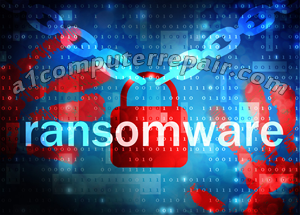 Satisfaction growing for desktop PCs among mainstream Americans
Satisfaction growing for desktop PCs among mainstream Americans
For enthusiasts, this won’t be news but after feasting on the empty calories of tablets and phones for years, mainstream consumers may finally have had enough and may be looking for something with a little more substance in their tech diets: the old-fashioned desktop PC.
At least that’s part of the conclusion of a new survey released today that gauges American “satisfaction” which says consumers may be turning to desktop PCs again.
Desktops, in fact, now actually satisfy more Americans than tablets and laptops, survey data shows. The annual survey was conducted by the American Customer Satisfaction Index out of Ann Arbor, Mich., And attempts to quantify overall satisfaction with consumer purchases of goods and services.
“Contrary to most predictions, the PC may be on the verge of making a bit of a comeback: sales of desktops are no longer falling after years of significant decline. On the other hand, tablet sales growth appears to have slowed. As the early enthusiasm for tablets wears off, customer satisfaction dips (-1% to 80) and now trails slightly behind desktops (+3% to 81), although both lead laptops (-4% to 76) by a wide margin,” the report says.
Consumption of tablets and smartphones has been off the charts for years which had analysts and the media predicting the death of the PC. Apparently, that isn’t so.
Read More: http://www.maximumpc.com/survey_says_desktops_en_vogue_again_2014






